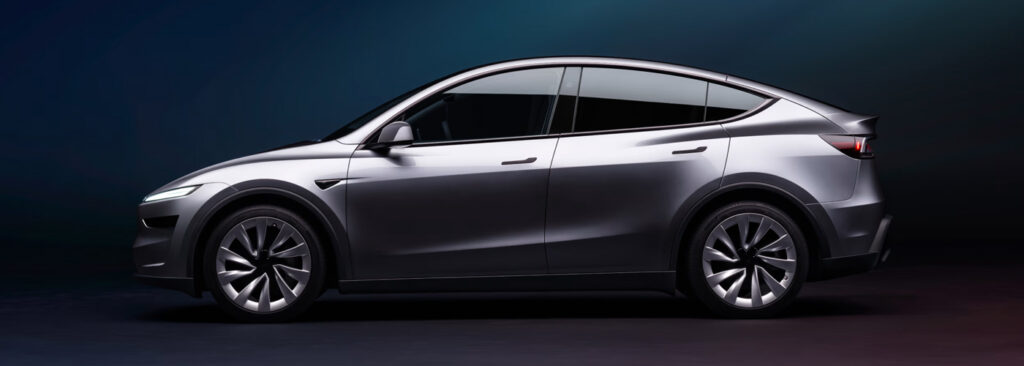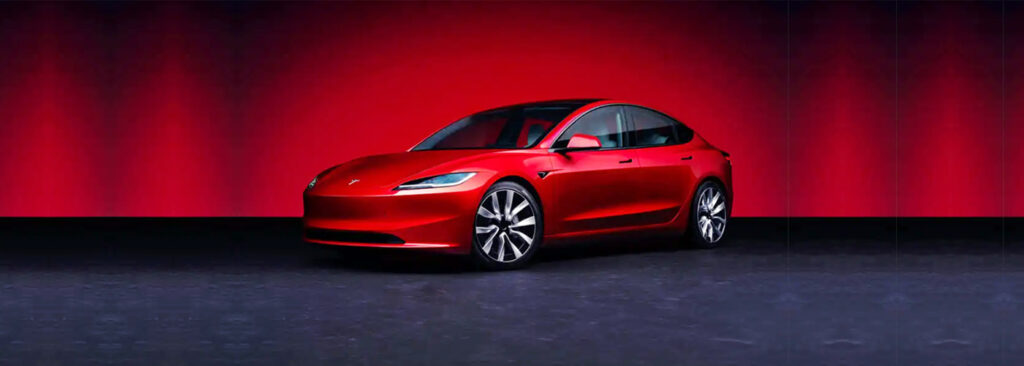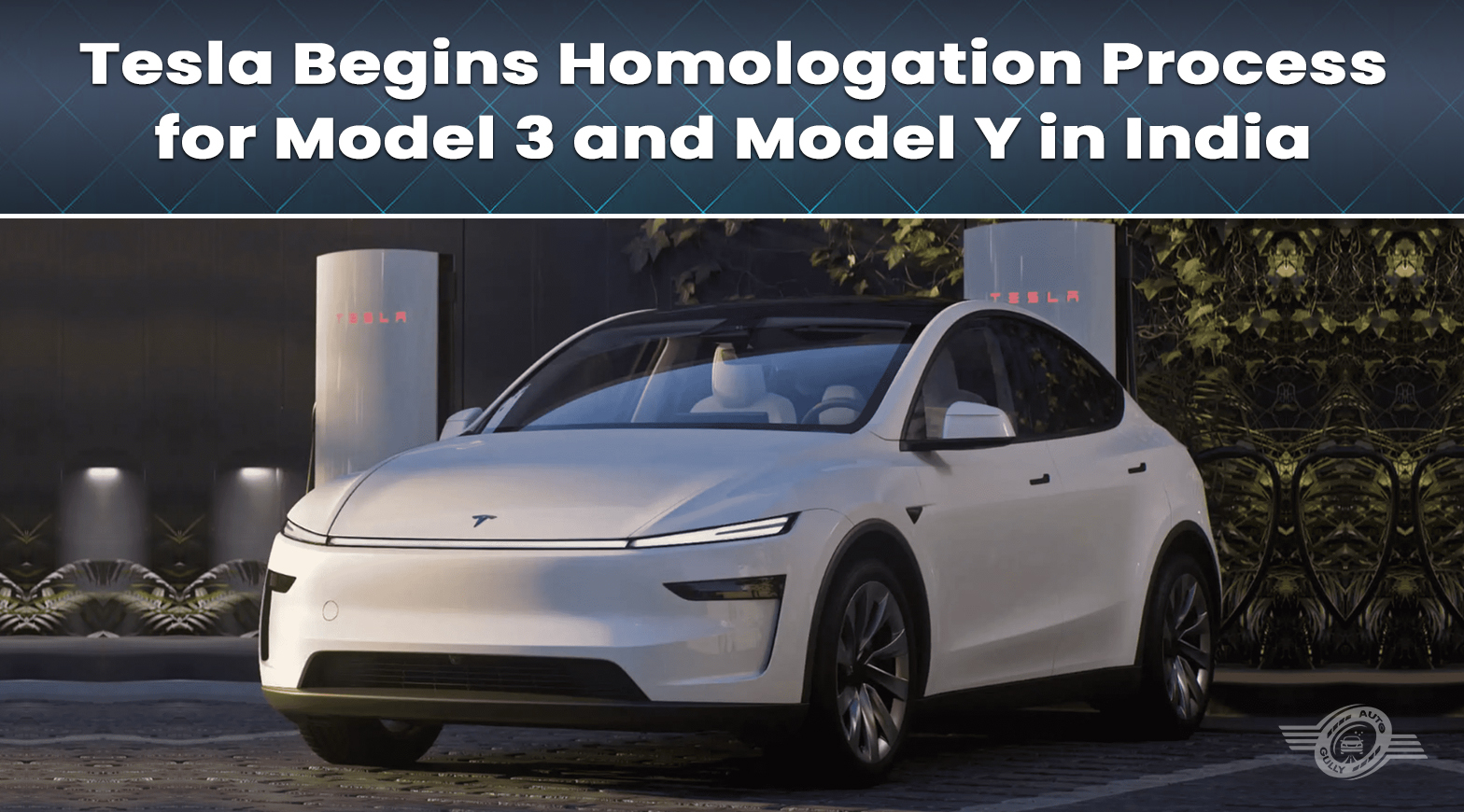Tesla India Motor & Energy, the Indian arm of Tesla, has taken a significant step by applying for homologation and certification for two of its electric vehicles: the Tesla Model Y and Model 3, according to a report by IANS. This move follows the company’s recent announcement of its inaugural showroom in Mumbai. With these developments, it is clear that Tesla is poised to launch its operations in India imminently, beginning with fully imported electric vehicles. This expansion represents not just an opportunity for growth but also signals a transformative shift towards sustainable transportation in the region.
Understanding Homologation: What Does It Mean?
Homologation is a crucial certification process that ensures every vehicle on the road is safe and adheres to strict emissions standards. This applies to all vehicles manufactured in India or imported into the country. For vehicles priced under $40,000, obtaining homologation isn’t just a formality—it’s a legal requirement that must be fulfilled before they can be sold. Ensuring compliance with these regulations not only safeguards public safety but also contributes to protecting our environment.
Tesla Model Y

In January, Tesla refreshed the Model Y with a mid-lifecycle facelift. The update includes new full-width LED light signatures at both the front and rear, along with improvements to aerodynamics. Inside, the Model Y features a sleek and minimalistic design dominated by a central 15.4-inch touchscreen, complemented by an 8.0-inch touchscreen for rear passengers.
The Tesla Model Y comes in two configurations: RWD and Long-Range AWD. The RWD variant boasts an impressive range of 719km, while the Long-Range AWD version offers 662km on a single charge—both figures according to the China Light-Duty Vehicle Test Cycle (CLTC). Clearly, Tesla continues to lead in innovation while prioritizing performance and sustainability in its offerings.
Tesla Model 3

Just like the Model Y, the Model 3 sedan offers an impressive range of options: Long-Range RWD, Long-Range AWD, and Performance. The rear-wheel-drive variant boasts a remarkable range of 584 kilometers and accelerates from 0 to 100 kph in just 4.9 seconds. If you opt for the all-wheel-drive version, you’ll enjoy a slightly reduced range of 557 kilometers but can achieve an exhilarating sprint to 100 kph in just 4.2 seconds. For those seeking peak performance, the Model 3 Performance variant with a powerful 510 horsepower achieves an astonishing time of only 2.9 seconds from zero to sixty! Inside, the Model 3 treats you with a sleek interior that mirrors that of the Model Y, featuring a stunning 15.4-inch central infotainment screen and an additional 8-inch screen for rear passengers—a perfect blend of technology and comfort designed to elevate your driving experience.
Tesla India manufacturing plans
The government’s proactive approach to support Tesla’s market entry is a game changer. By introducing a new EV policy that slashes the import duty from an astonishing 100 percent down to just 15 percent, they are creating a compelling environment for innovation. This reduction is designed to incentivize carmakers who pledge to engage in local manufacturing in the coming years. However, it’s crucial for Tesla to seize this opportunity and finalize its plans for production in the country. Doing so not only benefits them but also contributes significantly to the local economy and job creation.

